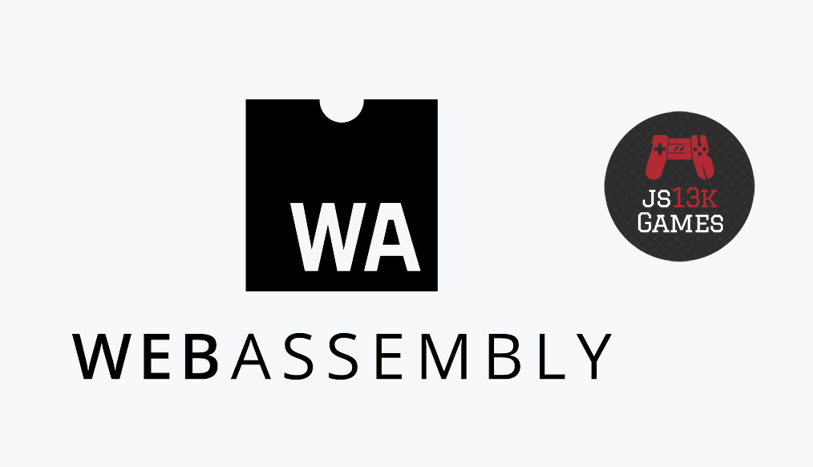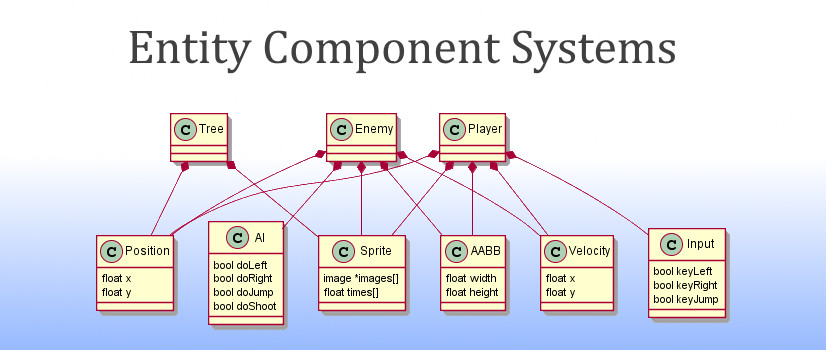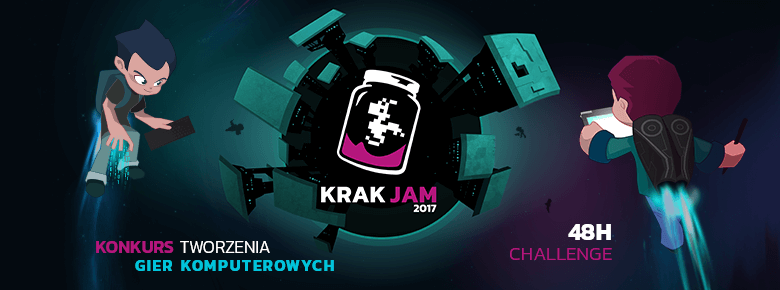WebAssembly: C++ and WebGL for js13k game jam

Lately I had too much time and wanted to entertain myself by making a small game. Coincidentally, the js13k 2019 game jam was about to start. It’s themed around games made for popular web browsers that would fit in 13 kB (after compressing to .zip file). Since I am not a fan of JavaScript I decided to explore a topic I was interested in for a long time. WebAssembly. What’s the state of it, how does it work and what can we expect from it by coding in C++?
→ Continue reading




